Newsroom
Looking for a press release? You’ve come to the right place.
If you’d like to receive Grand Canyon Trust press releases by email, message us at commdir@grandcanyontrust.org to join our press list.
Looking for a back issue of the Grand Canyon Trust’s magazine? Browse the Advocate magazine
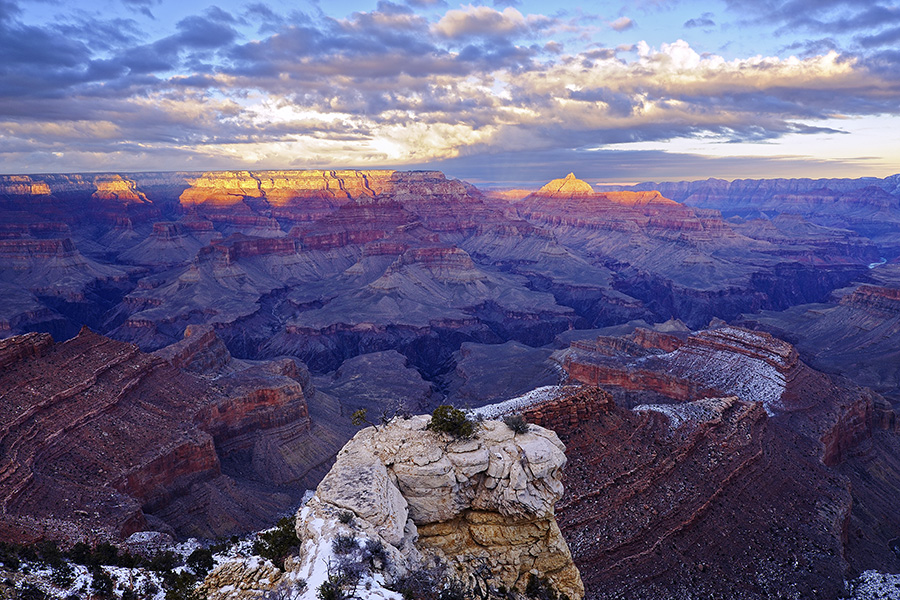
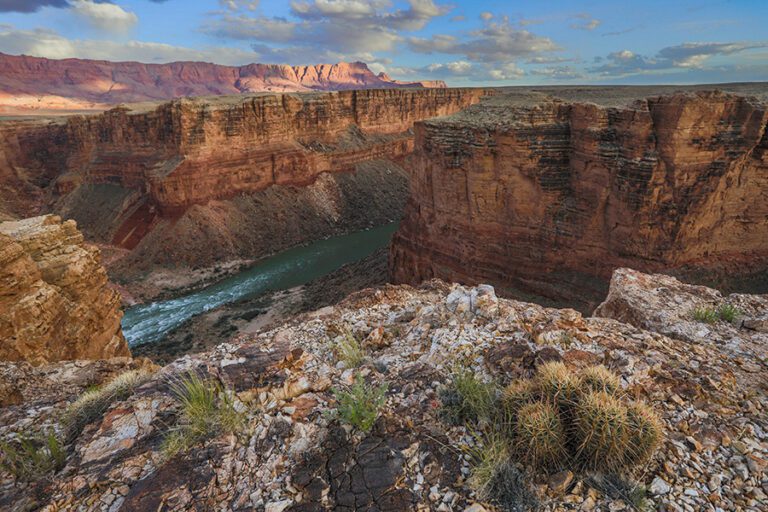
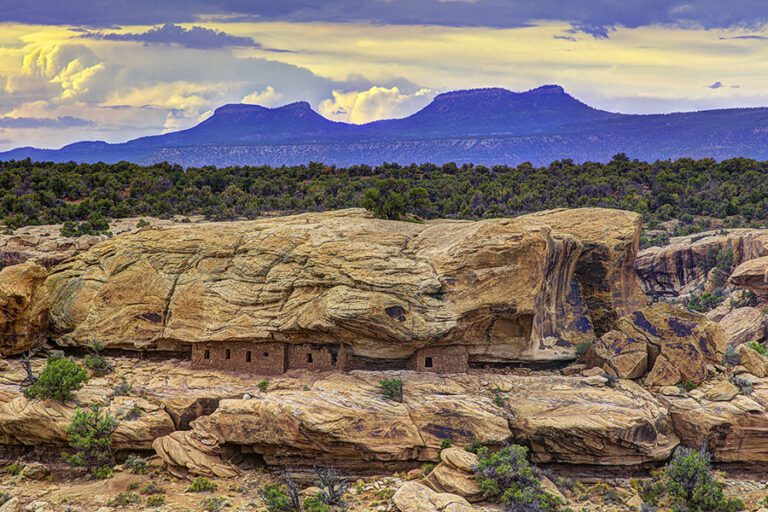

FOR IMMEDIATE RELEASE FLAGSTAFF, AZ — Travel to the north and south rims of the Grand Canyon with a new digital story collection, which launched online today in advance of the first anniversary of Baaj Nwaavjo I’tah Kukveni-Ancestral Footprints of the Grand Canyon National Monument on Aug. 8, 2024. The story map was created in […]
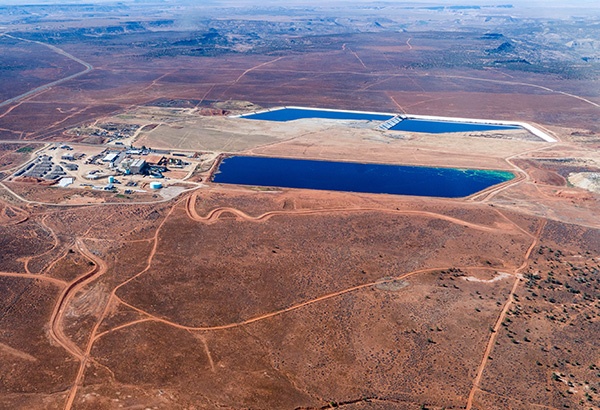
FOR IMMEDIATE RELEASE White Mesa, UT—Bills of lading recently uncovered in a shipping database reveal that Energy Fuels Resources imported more than 275,000 pounds of radioactive materials from the Japan Atomic Energy Agency. The materials appear to have been trucked to the company’s controversial White Mesa uranium mill, a mile from Bears Ears National Monument […]
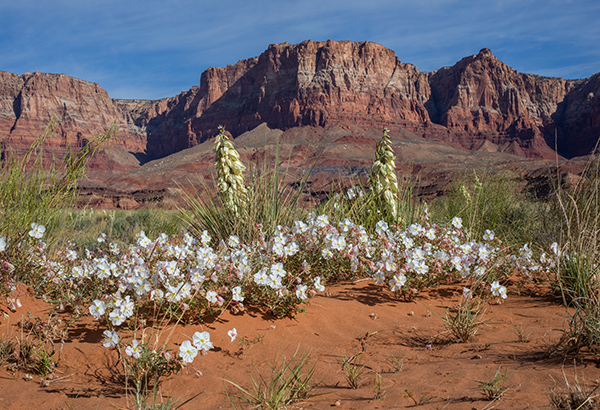
FOR IMMEDIATE RELEASE PHOENIX, AZ – Conservation groups filed a motion to intervene yesterday in defense of President Biden’s designation of Baaj Nwaavjo I’tah Kukveni – Ancestral Footprints of the Grand Canyon National Monument in Arizona. The Arizona legislature and others filed lawsuits in February attempting to overturn the monument designation and attacking the Antiquities […]

FOR IMMEDIATE RELEASE Flagstaff, AZ — The Grand Canyon Regional Intertribal Intergenerational Stewardship Expedition (RIISE) is accepting applications from young people ages 16-20 who identify as members of one of the associated tribes of the Grand Canyon for its third annual free nine-day Colorado River rafting trip through the Grand Canyon July 15-23, 2024. Hosted by […]

FOR IMMEDIATE RELEASE Flagstaff, AZ — The Grand Canyon Trust is now accepting applications for its 2024 LeaderShift Scholars program. Up to 12 LeaderShift scholars will be selected for a free nine-day immersive outdoor environmental justice advocacy training across the Colorado Plateau, August 10-18, 2024. LeaderShift scholarships include $150 stipends, meals, and transportation, with gear-lending available. […]

FOR IMMEDIATE RELEASE GRAND CANYON, AZ — Last week, Native entrepreneurs, cultural leaders, and tourism professionals gathered for Emergence II, an intertribal economic summit at the south rim of Grand Canyon National Park, to discuss new avenues for Native peoples to participate in and benefit from the bustling Grand Canyon economy. Over 60 attendees from […]
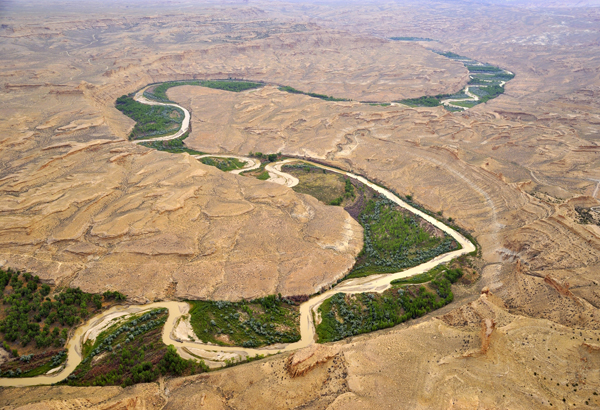
FOR IMMEDIATE RELEASE SALT LAKE CITY, UT — Estonian state-owned oil shale company Enefit American Oil is abandoning its lease to mine oil shale on federal public land in northeastern Utah’s Uinta Basin. The decision marks the end of the George W. Bush-era federal oil shale leasing program and came just weeks before a settlement agreement […]
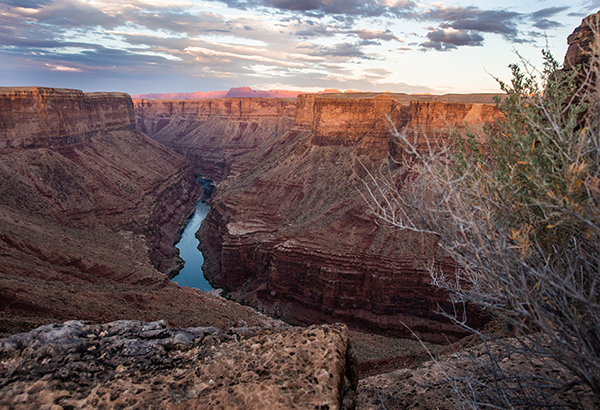
GRAND CANYON, AZ — Today the White House announced President Biden’s decision to designate the Baaj Nwaavjo I’tah Kukveni (“where Indigenous peoples roam, our ancestral footprints”) – Ancestral Footprints of the Grand Canyon National Monument, a victory for tribes who, for decades, have worked to secure greater protections for their ancestral lands and waters in the Grand Canyon region. […]

GRAND CANYON NATIONAL PARK, AZ — On Saturday, May 20, Secretary of the Interior Deb Haaland visited the Grand Canyon region to meet with tribal leaders, local elected officials, and community members. Secretary Haaland viewed areas the Grand Canyon Tribal Coalition has proposed for inclusion in Baaj Nwaavjo I’tah Kukveni Grand Canyon National Monument. Haaland also heard […]

FOR IMMEDIATE RELEASE Flagstaff, Arizona — Young people ages 16-20 who identify as members of one of the associated tribes of the Grand Canyon are invited to apply for a spot on the second annual Grand Canyon Regional Intertribal Intergenerational Stewardship Expedition (RIISE), a nine-day intertribal Colorado River rafting trip through the Grand Canyon July 16-24, […]
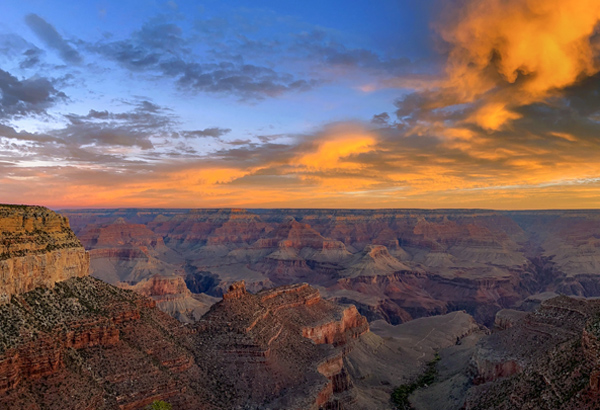
FLAGSTAFF, AZ — The Grand Canyon Trust strongly supports the Grand Canyon Tribal Coalition’s Baaj Nwaavjo I’tah Kukveni Grand Canyon National Monument proposal to protect 1,102,501 acres of their homelands around Grand Canyon National Park. These federal public lands are the ancestral lands of the Havasupai Tribe, Hopi Tribe, Hualapai Tribe, Kaibab Paiute Tribe, Las Vegas Band […]
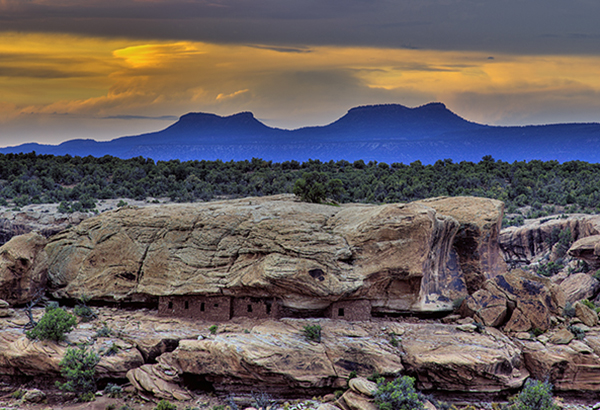
FOR IMMEDIATE RELEASE SALT LAKE CITY, UT — A Utah federal judge has granted a motion to intervene filed by conservation groups in defense of the Biden administration’s restoration of Bears Ears and Grand Staircase-Escalante national monuments. In 2022, the state of Utah sued in U.S. District Court over President Biden’s decision to reinstate the monument […]
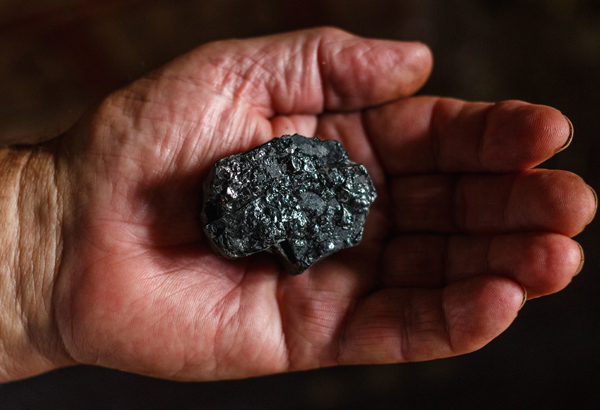
FOR IMMEDIATE RELEASE SALT LAKE CITY, UT — A settlement agreement filed today in Utah federal court could keep millions of tons of coal in the ground, while influencing how the federal government considers the financial cost of climate change when leasing coal. The agreement ends a lawsuit filed in 2015 by WildEarth Guardians and the […]
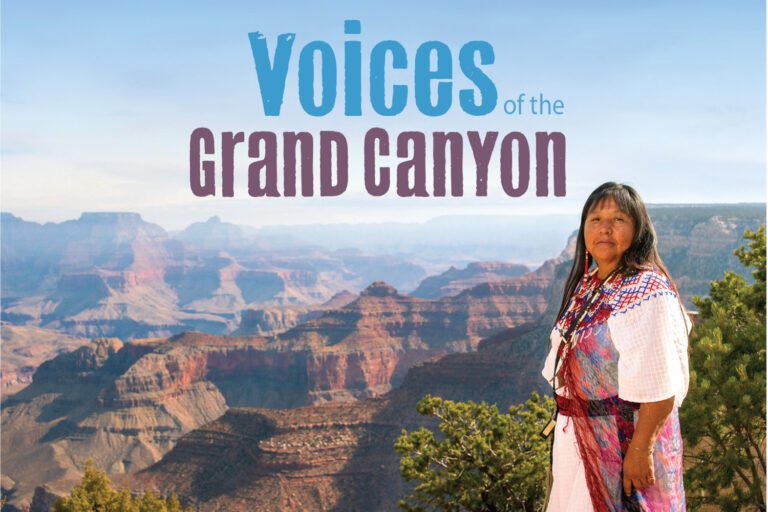
FOR IMMEDIATE RELEASE Flagstaff, AZ — Deepen your understanding of the United States’ most iconic national park in the new short documentary “Voices of the Grand Canyon,” which launched online today in advance of Grand Canyon National Park’s 104th anniversary on Feb. 26, 2023. Told by Native people, through the lens of Navajo (Diné) filmmaker […]
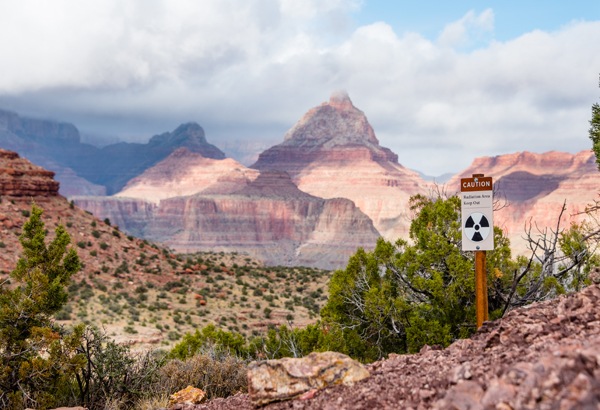
FOR IMMEDIATE RELEASE GRAND CANYON NATIONAL PARK, AZ – The Pinyon Plain Mine (formerly Canyon Mine) appears to be gearing up for uranium mining operations fewer than 10 miles from the south rim of the Grand Canyon. Hundreds more uranium mines could eventually be developed on federal public lands near Grand Canyon National Park if […]
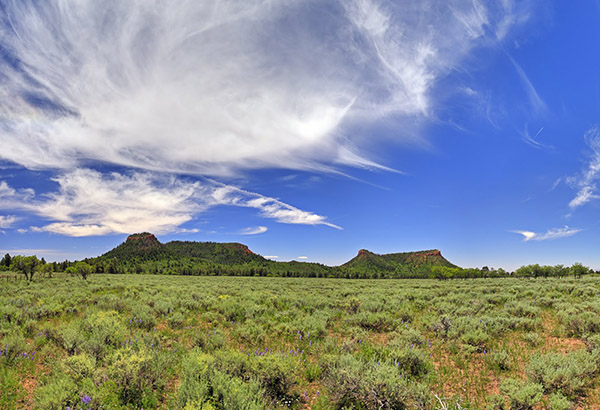
FOR IMMEDIATE RELEASE SALT LAKE CITY, UT — Conservation groups filed a motion to intervene in two lawsuits challenging President Biden’s restoration of Bears Ears and Grand Staircase-Escalante National Monuments today. The suits, led by the state of Utah, also attack the Antiquities Act itself as unlawful. Nearly five years ago, former President Trump controversially […]
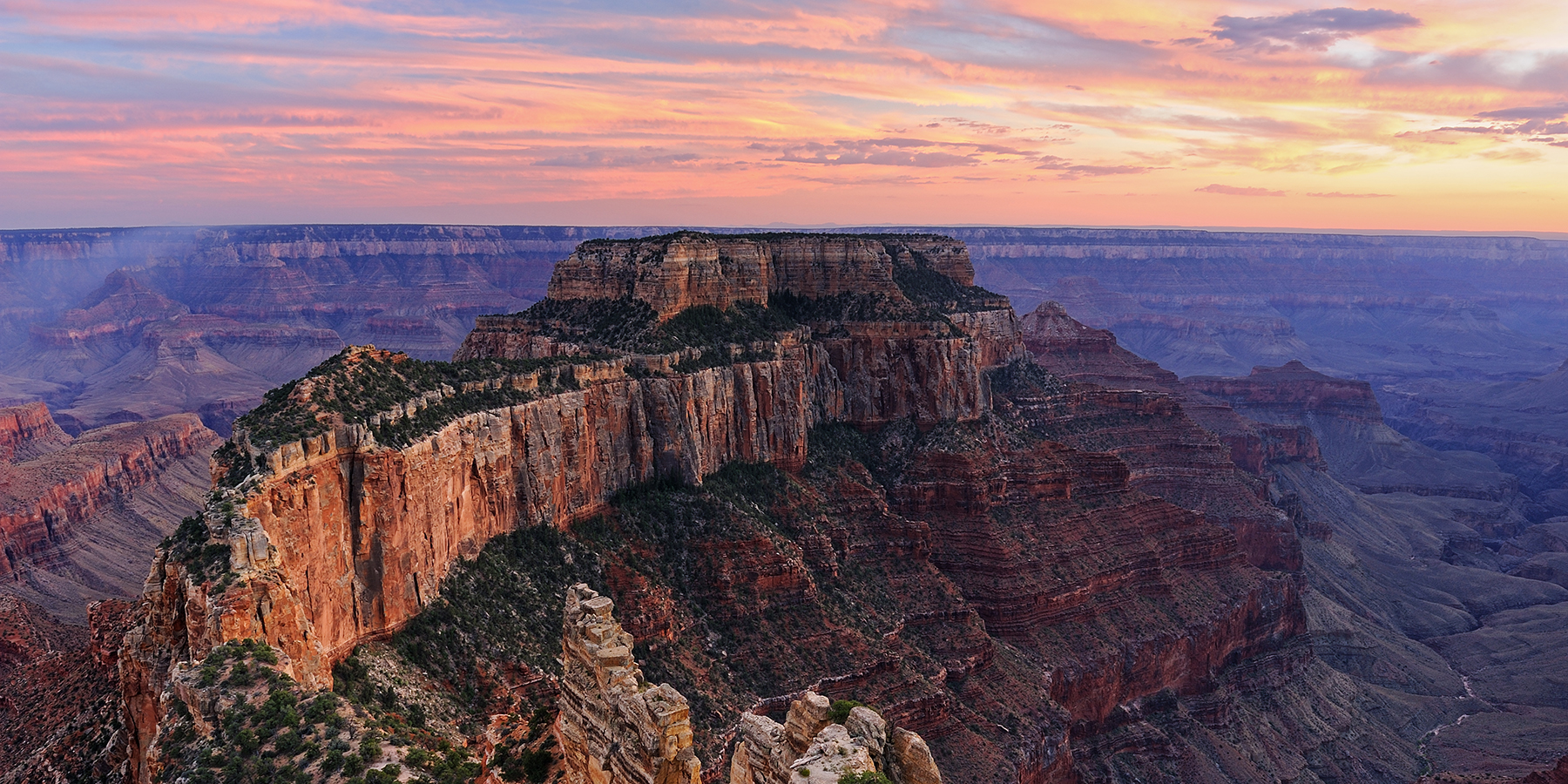
Grand Canyon Conservation Support the Trust and protect the Grand Canyon
Your donation funds on-the-ground conservation efforts and advocacy work.
